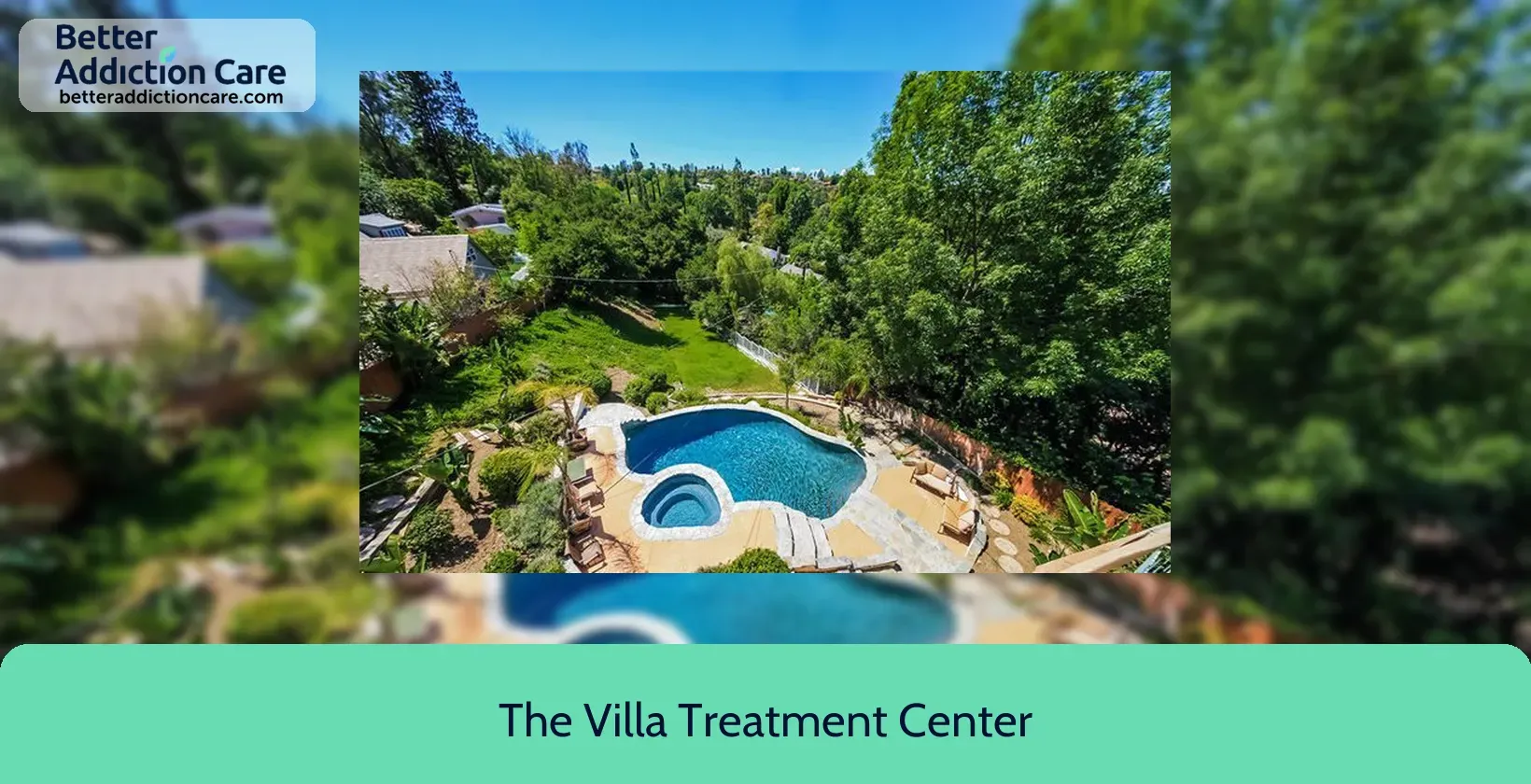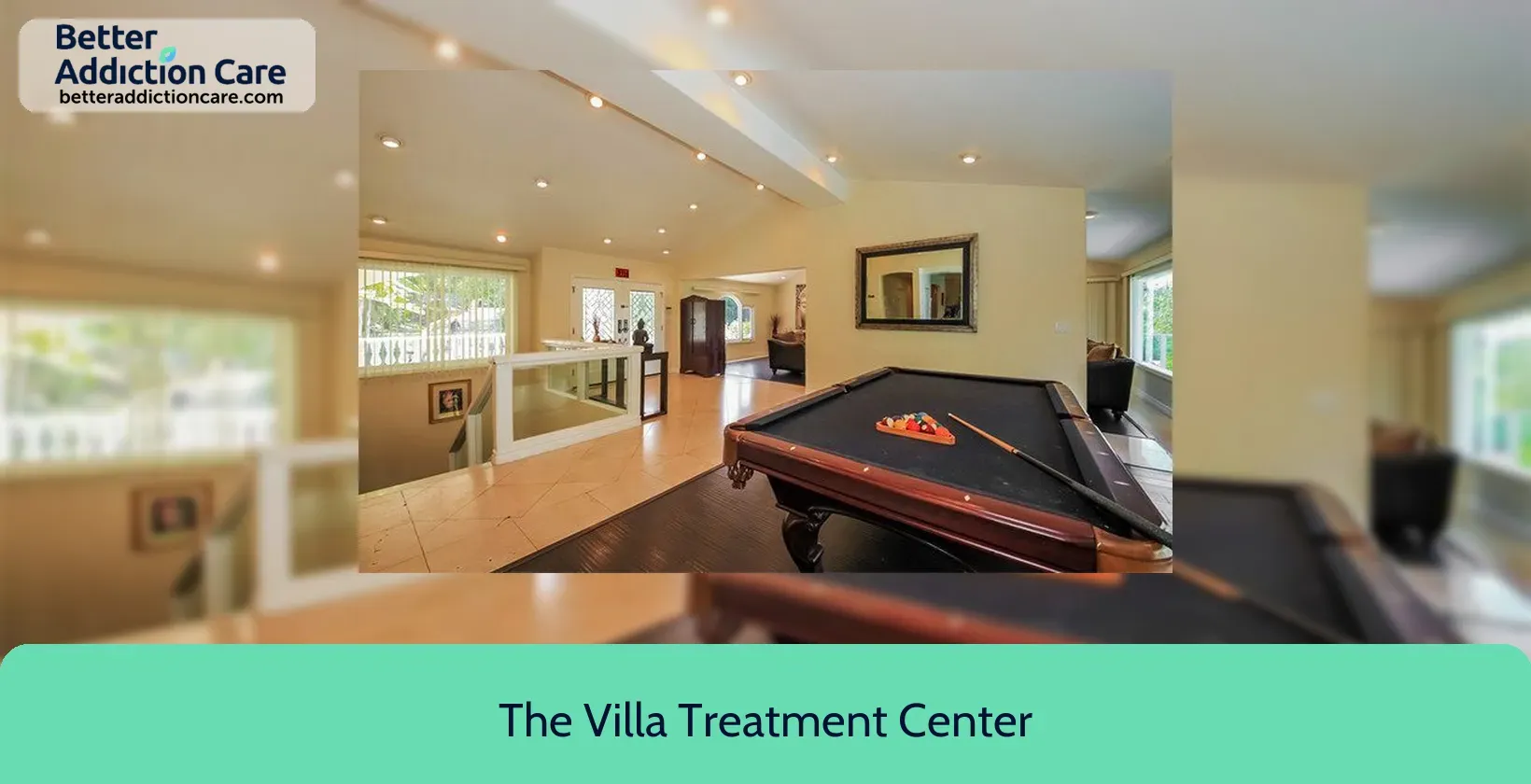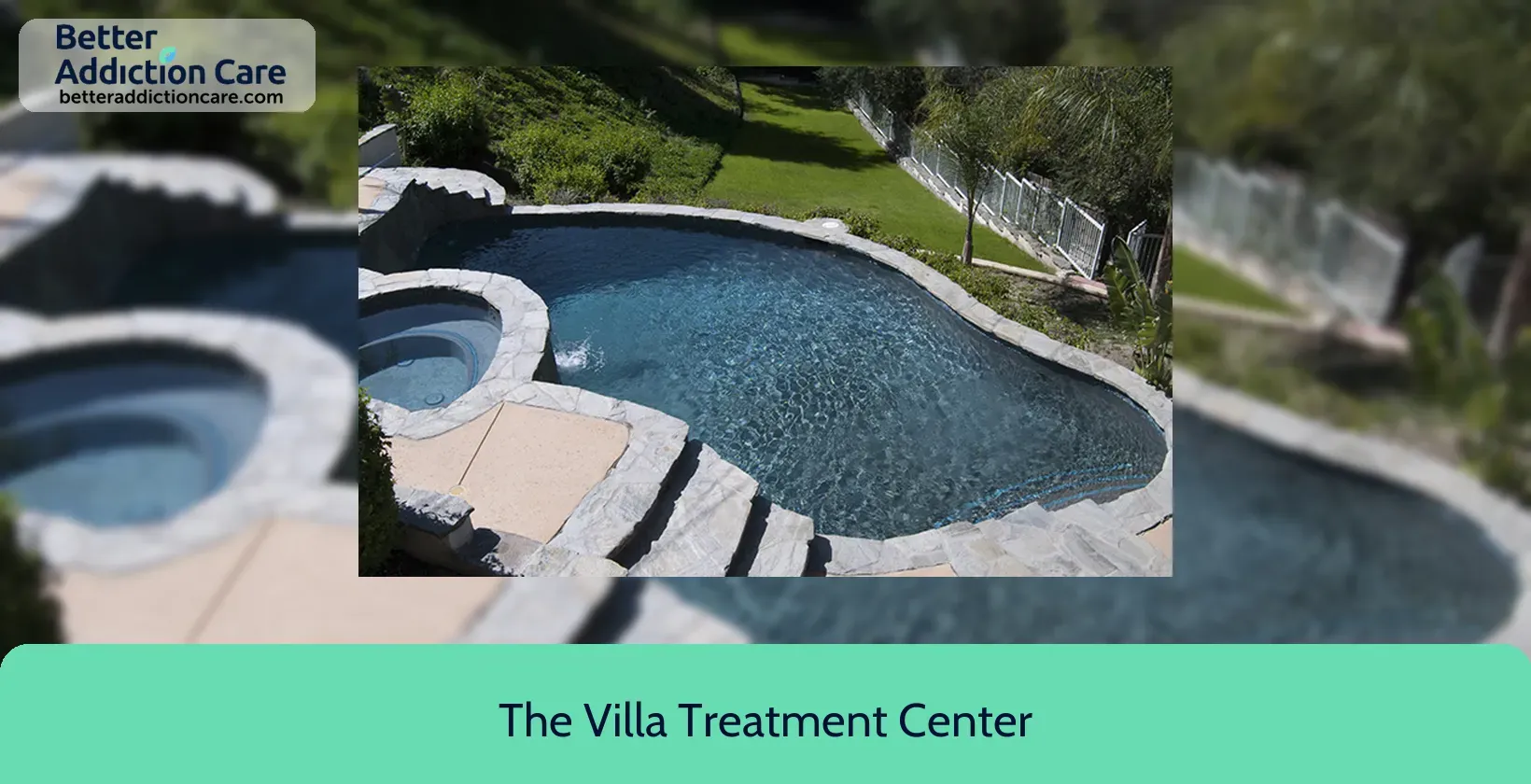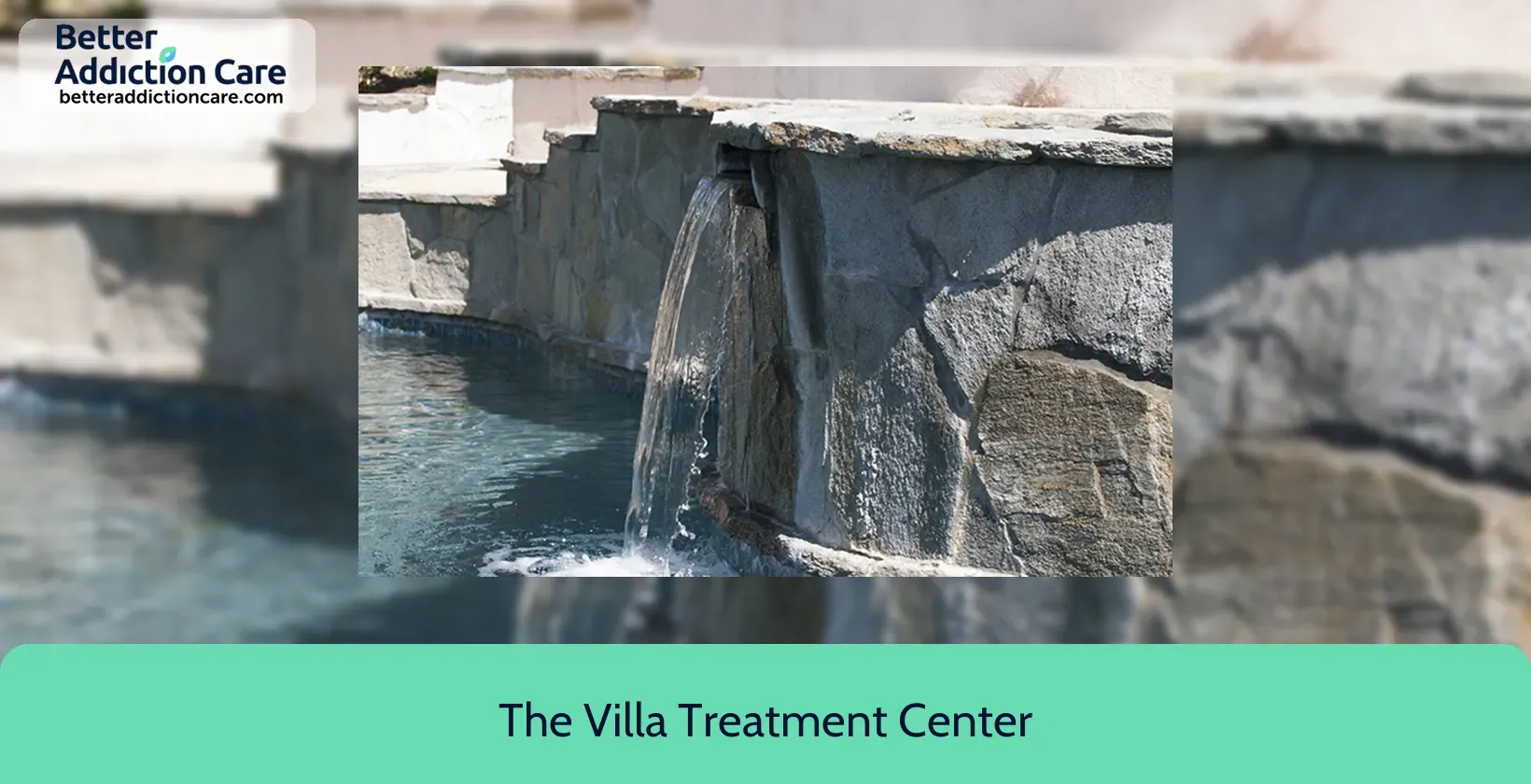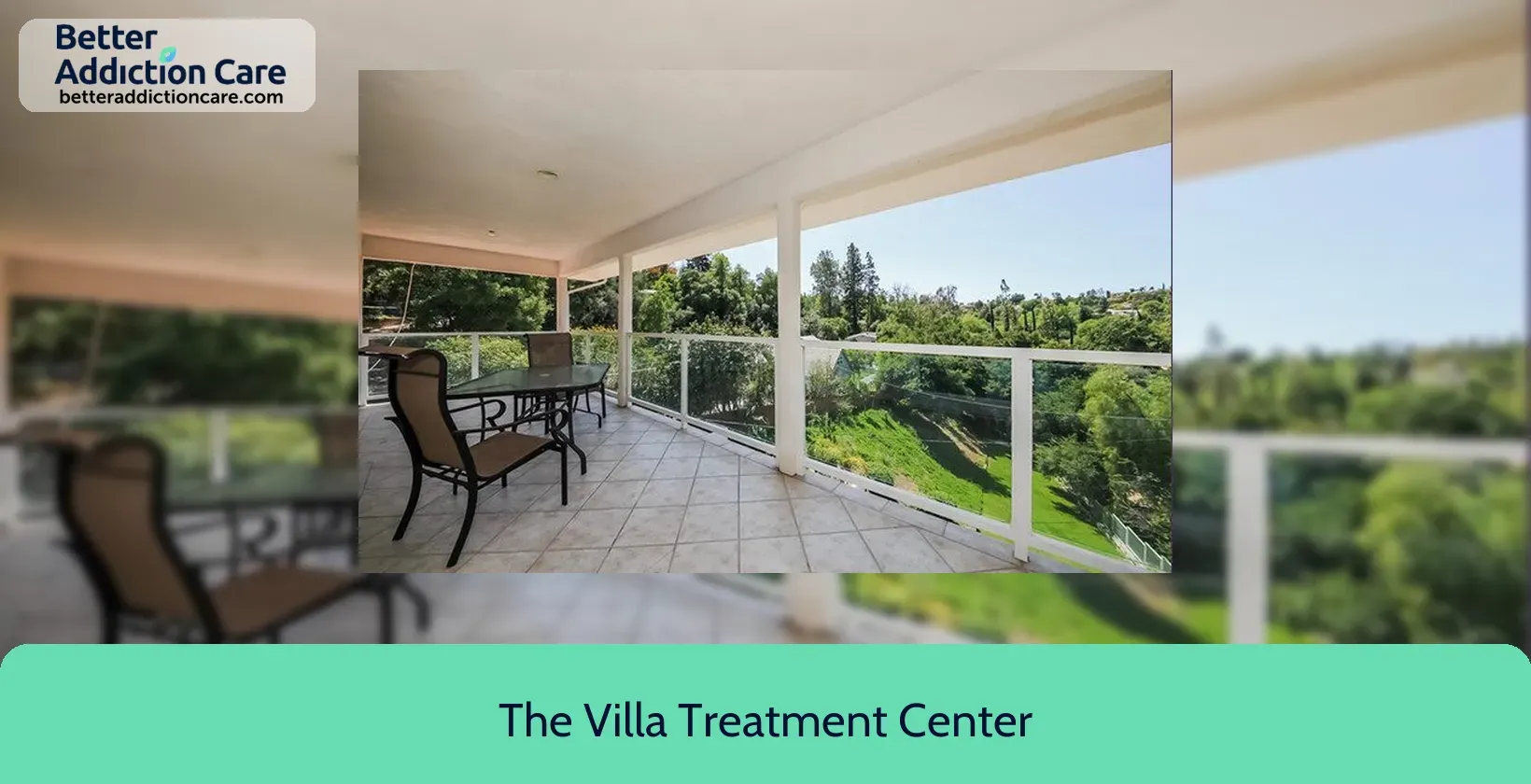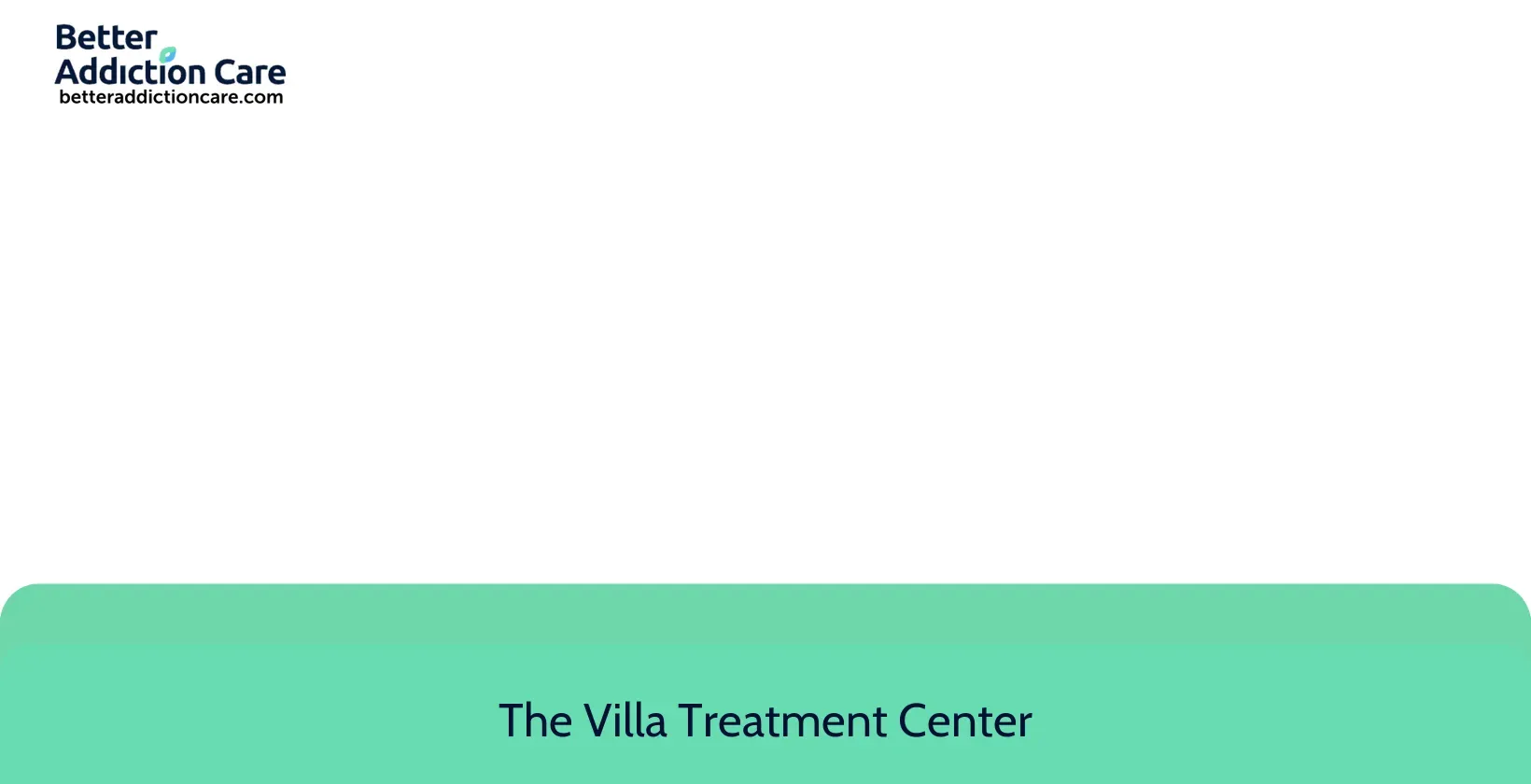The Villa Treatment Center
Overview
The Villa Treatment Center, located in Woodland Hills, California, is a luxury detoxification, residential, and extended care facility providing specialized treatment for men and women aged 18 and older. The center is dedicated to helping individuals overcome drug and alcohol addiction as well as dual diagnosis through personalized and comprehensive care.
The Center offers a range of programs designed to meet the specific needs of each client. These include an FDA-approved Medication-Assisted Treatment (MAT) detox for safe and effective withdrawal management, a residential treatment program offering 24/7 care in a serene and supportive environment, and a Partial Hospitalization Program (PHP) that provides intensive therapeutic care while allowing some degree of autonomy. The center also emphasizes strong aftercare support, ensuring that clients have the resources and guidance needed to maintain their recovery long-term.
The therapeutic approach at The Villa Treatment Center is diverse, incorporating both traditional and holistic methods. Therapies include Cognitive Behavioral Therapy (CBT), Eye Movement Desensitization and Reprocessing (EMDR), and 12-Step modality, all of which are proven to be effective in treating addiction and co-occurring disorders. Clients also benefit from individual therapy, group therapy, family therapy, and specialized sessions such as emotional therapy, music therapy, and art therapy. Holistic therapies are also integrated into treatment plans, promoting overall well-being and addressing the mind-body connection essential for lasting recovery.
The Villa Treatment Center is accredited by The Joint Commission, LegitScript, and the Department of Health Care Services (DHCS), reflecting the center’s commitment to maintaining the highest standards of care, safety, and ethical practices.
The Villa Treatment Center at a Glance
Payment Options
- Cash or self-payment
- Private health insurance
- Payment assistance (check with facility for details)
- Financial aid
- Self-pay options
Assessments
- Comprehensive mental health assessment
- Comprehensive substance use assessment
- Complete medical history/physical exam
Age Groups
- Adults
Ancillary Services
- Diet and exercise counseling
- Family psychoeducation
- Mental health services
- Social skills development
- Transportation assistance
Highlights About The Villa Treatment Center
7.06/10
With an overall rating of 7.06/10, this facility has following balanced range of services. Alcohol Rehabilitation: 8.00/10, Drug Rehab and Detox: 6.00/10, Insurance and Payments: 6.67/10, Treatment Options: 7.58/10.-
Alcohol Rehabilitation 8.00
-
Treatment Options 7.58
-
Insurance and Payments 6.67
-
Drug Rehab and Detox 6.00
Accreditations
The Joint Commission:

The Joint Commission accreditation for addiction and behavioral health signifies that a facility has met rigorous standards in patient care, treatment, and safety. This recognition assures patients and professionals of the facility's commitment to providing high-quality, evidence-based care in the fields of addiction and behavioral health, fostering trust and confidence in their services.
Effective date: 11/05/2016
Registration: 575660
LegitScript:

Only programs and services that have successfully completed a rigorous application process initiated in 2018 can attain LegitScript certification. This stringent evaluation guarantees that only reputable mental health and co-occurring substance abuse treatment providers are eligible to be part of Google's network, ensuring compliance with HIPAA privacy laws.
Treatment At The Villa Treatment Center
Treatment Conditions
- Mental health treatment
- Alcoholism
- Opioid Addiction
- Substance use treatment
- Co-occurring Disorders
Care Levels
- Partial Hospitalization Program
- Luxury Treatment
- Detoxification
- Aftercare
- Hospital inpatient treatment
Treatment Modalities
- 12-step facilitation
- Individual psychotherapy
- Group counseling
- Family counseling
- Life Skills
Ancillary Services
Special Programs
- Clients who have experienced trauma
Get Help Now
Common Questions About The Villa Treatment Center
Contact Information
Other Facilities in Los Angeles
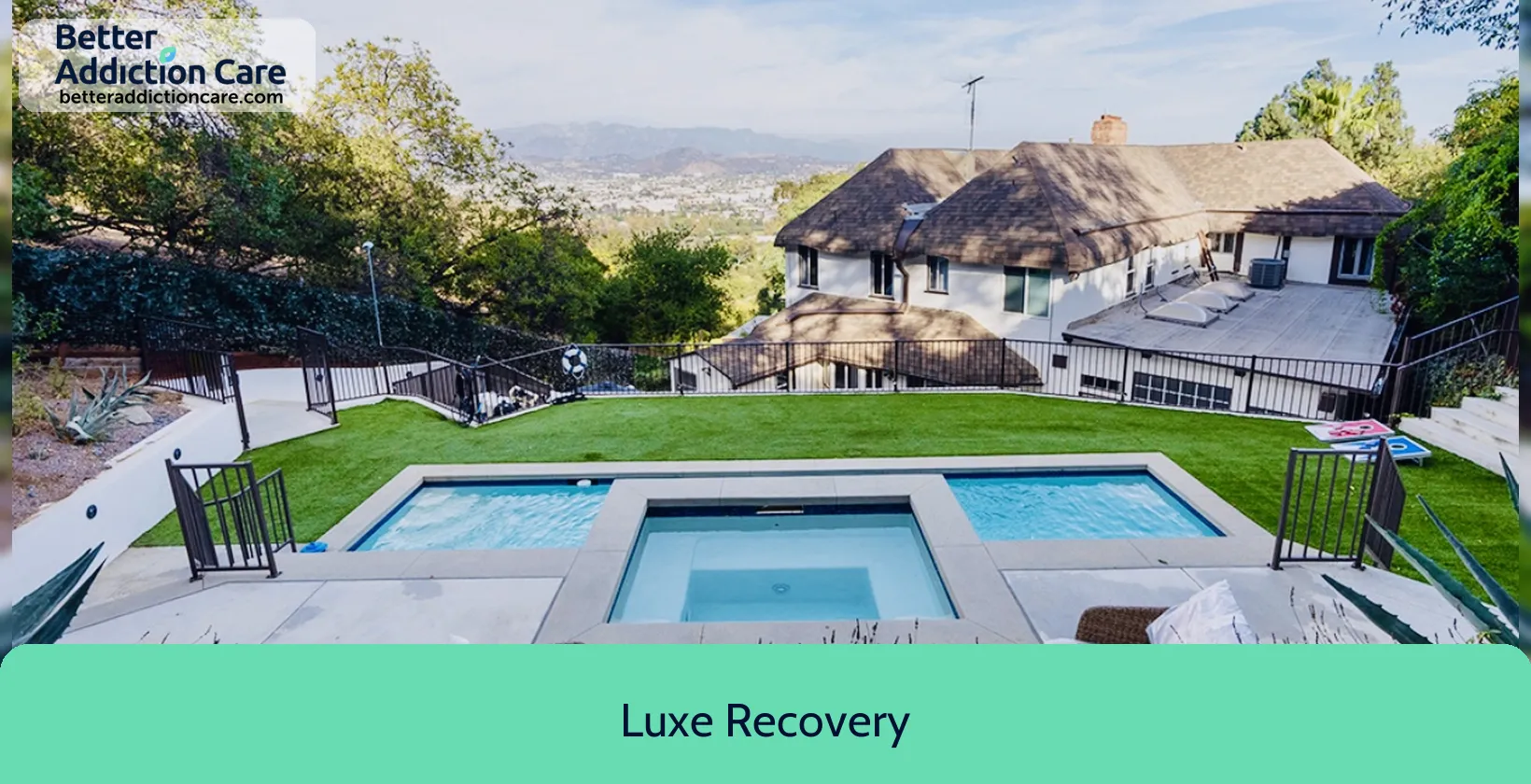
6.74
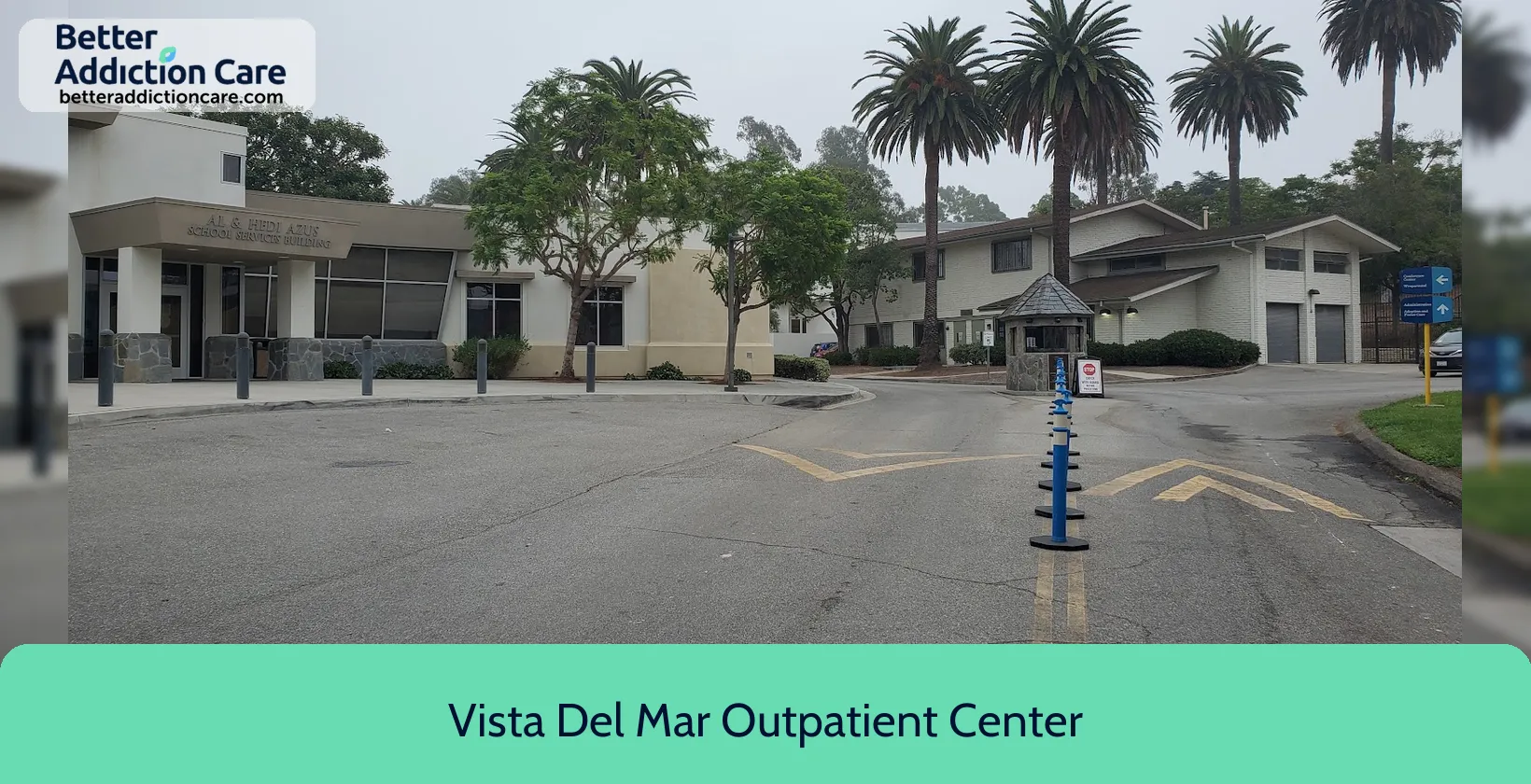
6.65
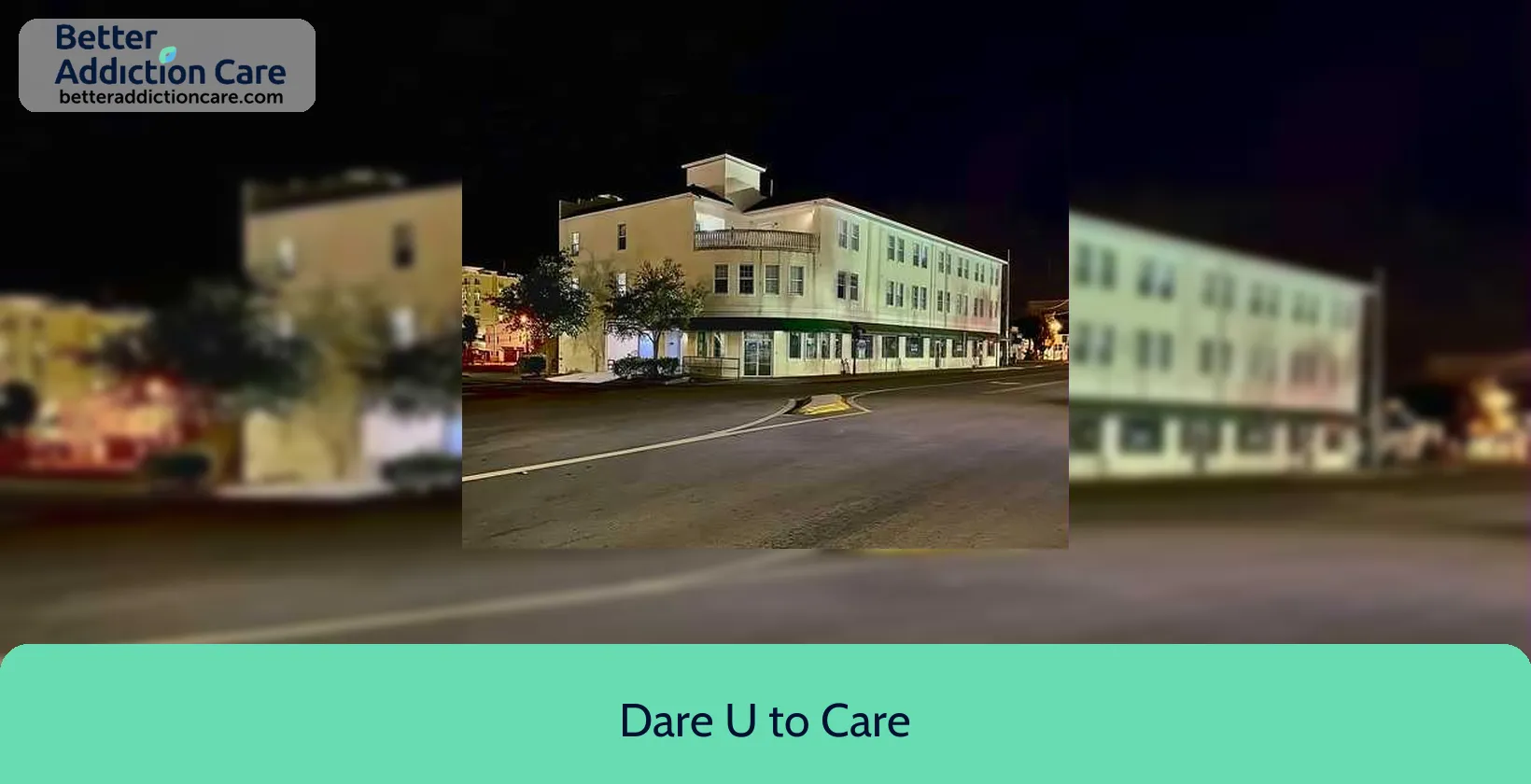
6.80
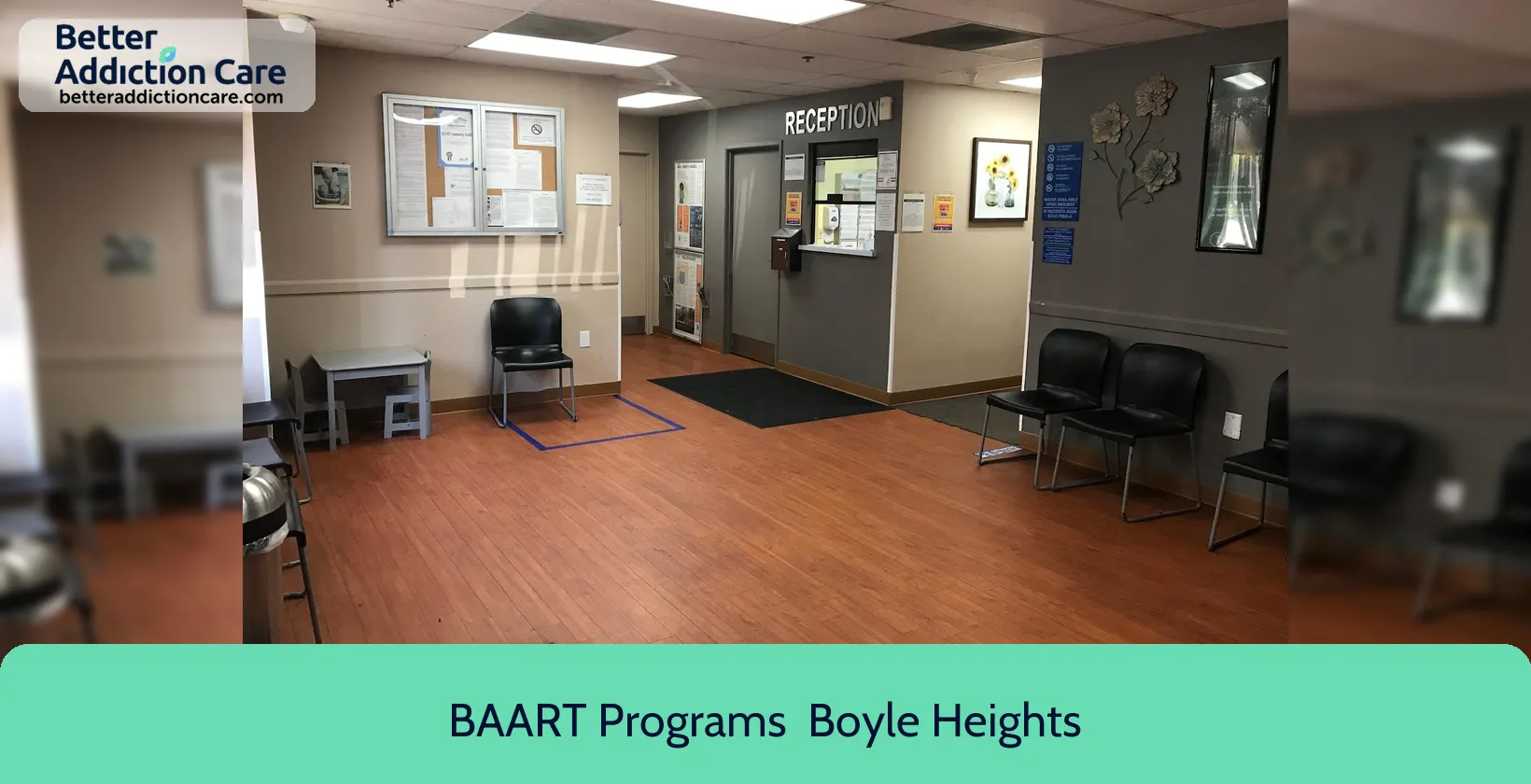
6.82
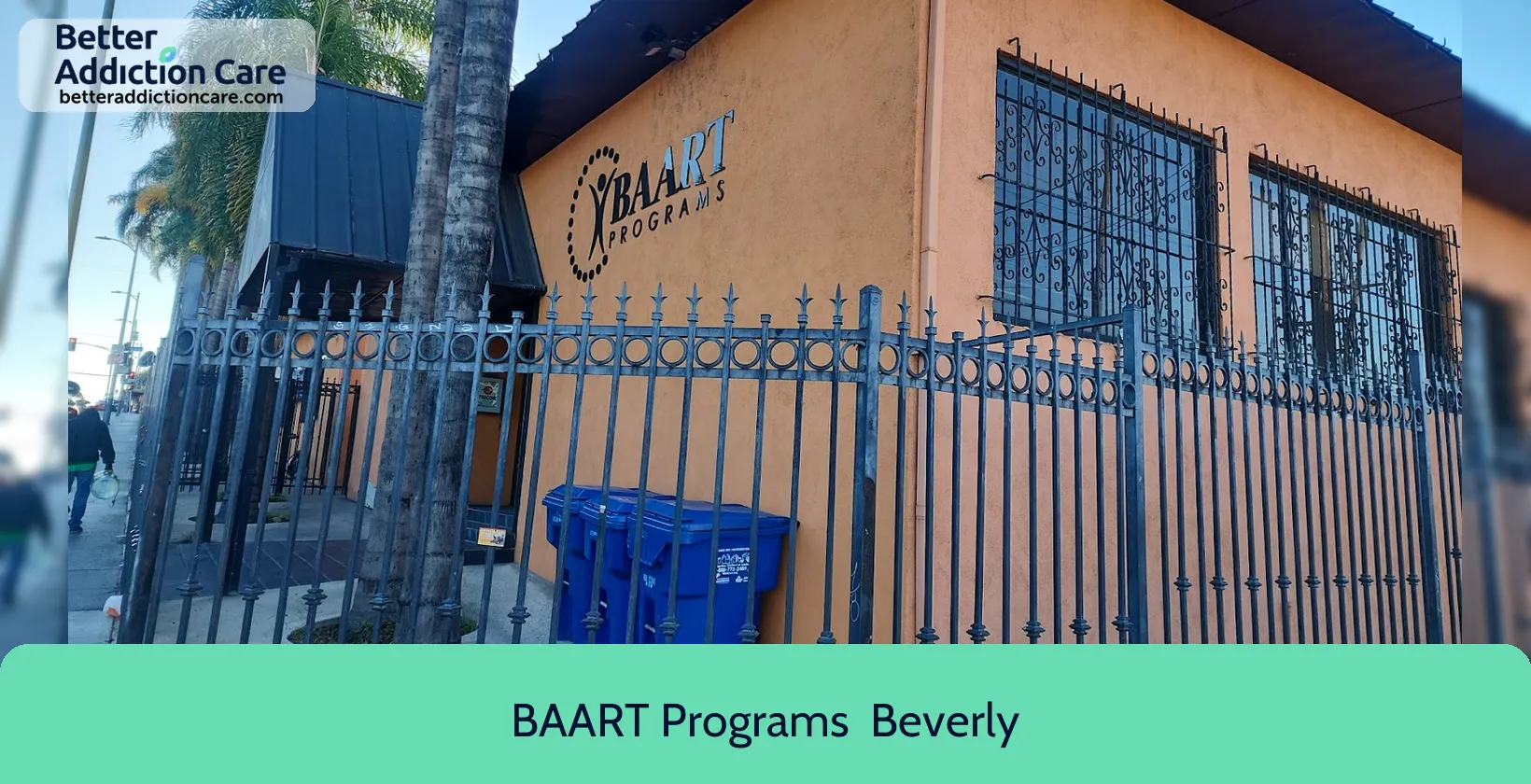
6.71
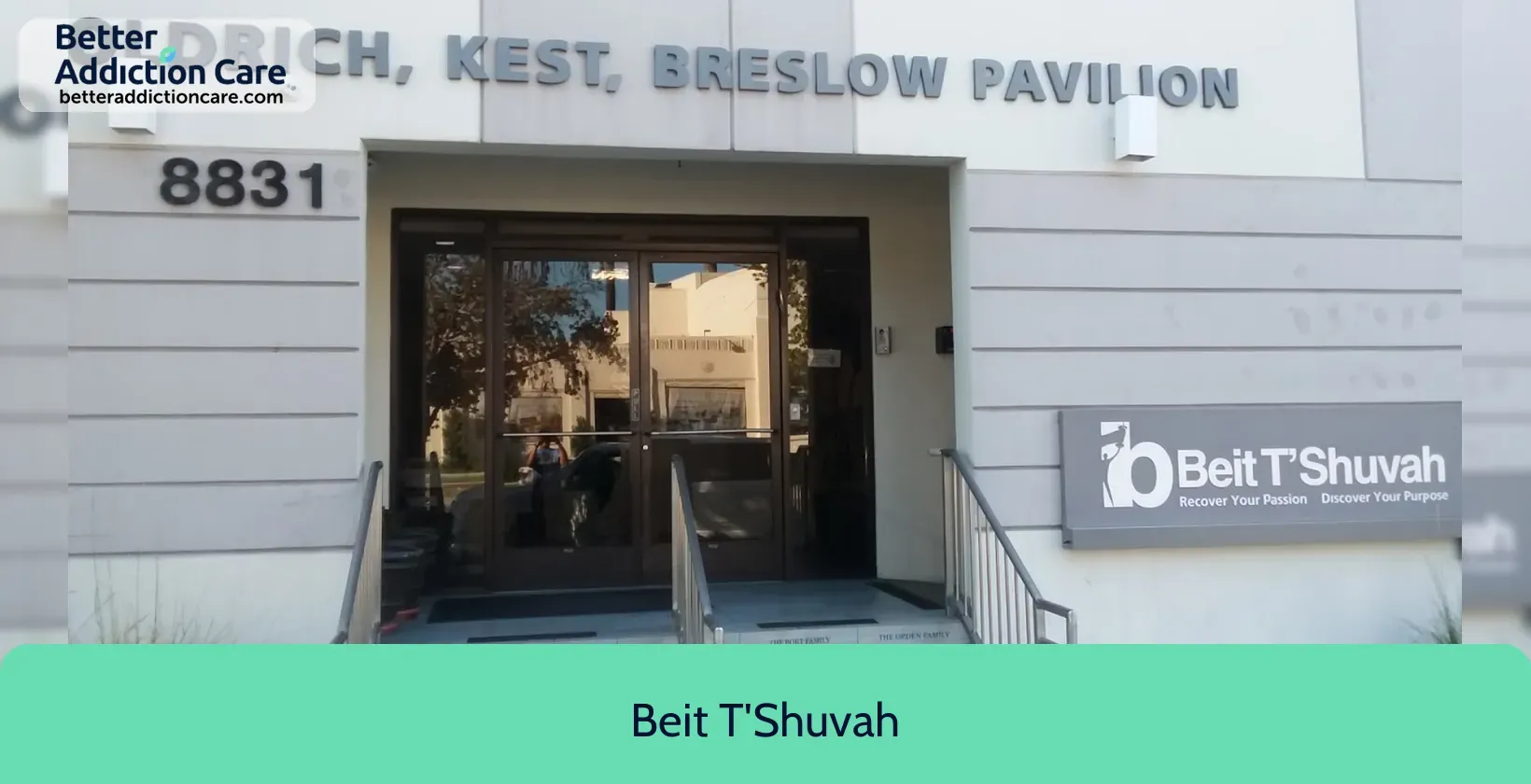
6.87
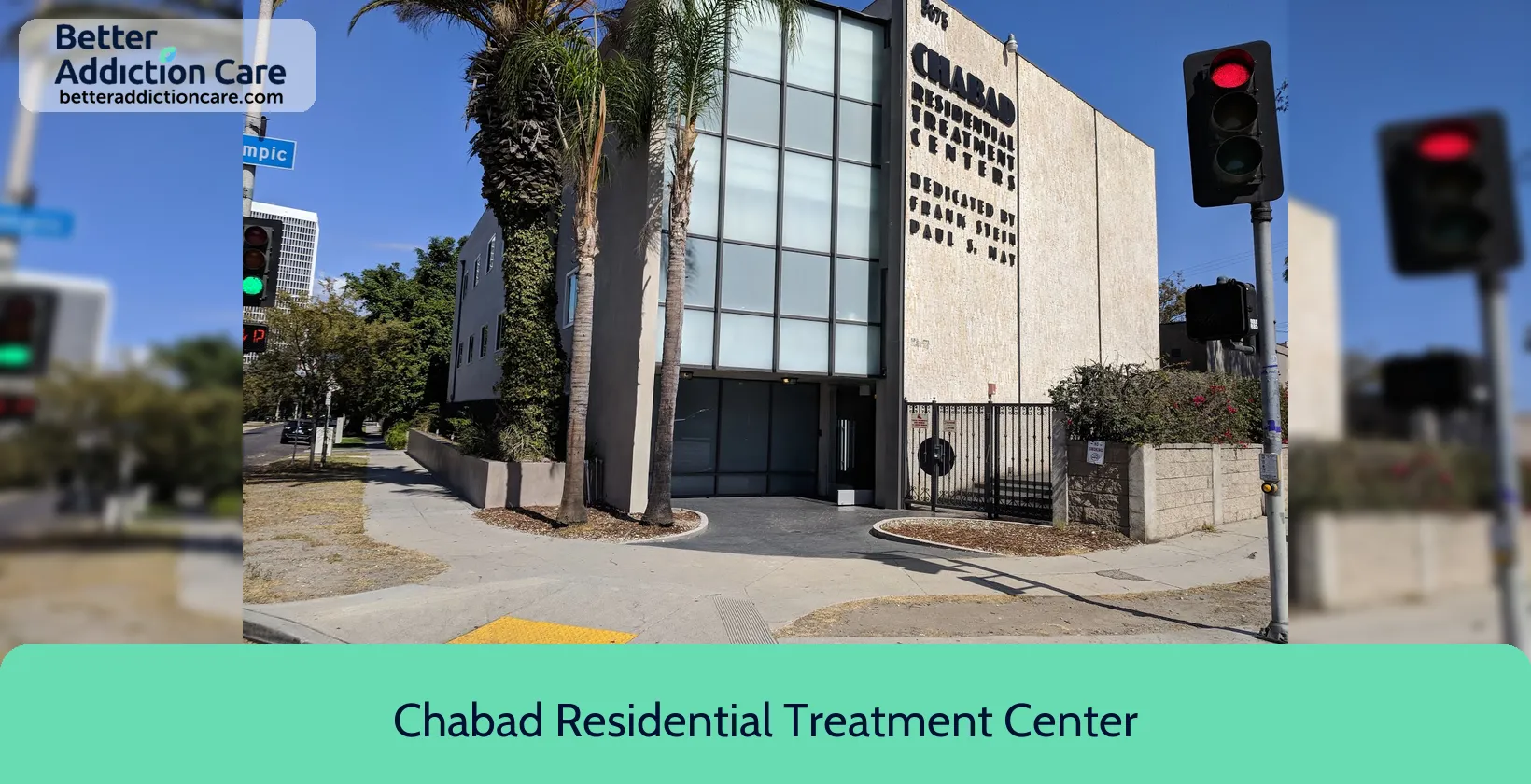
6.84
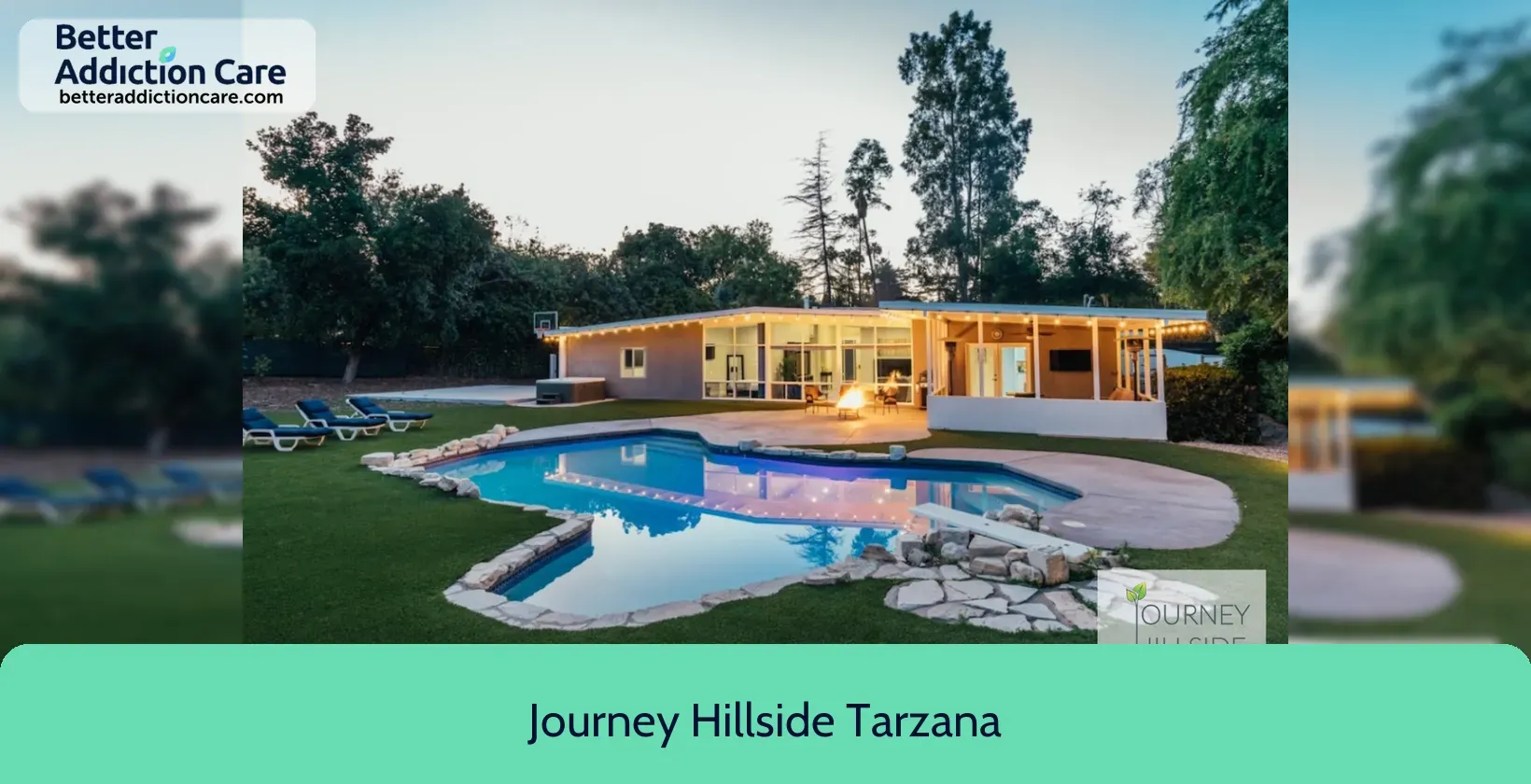
6.72
DISCLAIMER: The facility name, logo and brand are the property and registered trademarks of Journey Hillside Tarzana, and are being used for identification and informational purposes only. Use of these names, logos and brands shall not imply endorsement. BetterAddictionCare.com is not affiliated with or sponsored by Journey Hillside Tarzana.

